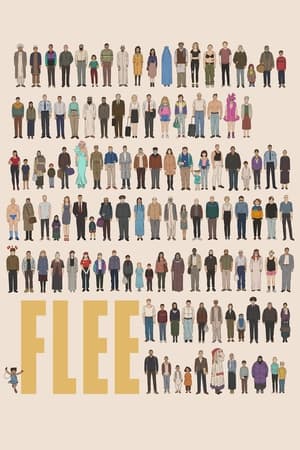
The Perfect Story(2022)
The Perfect Story offers a riveting, intimate look at the ethical and moral challenges sparked by the relationship between a foreign correspondent and a young Somali refugee. By revealing the boundaries of journalism and filmmaking, the film questions what stories are told, why, and who gets to tell them.
Movie: The Perfect Story
Top 2 Billed Cast
Self
Self
Video Trailer The Perfect Story
Similar Movies
 0.0
0.0Obaida(en)
OBAIDA, a short film by Matthew Cassel, explores a Palestinian child’s experience of Israeli military arrest. Each year, some 700 Palestinian children undergo military detention in a system where ill-treatment is widespread and institutionalized. For these young detainees, few rights are guaranteed, even on paper. After release, the experience of detention continues to shape and mark former child prisoners’ path forward.
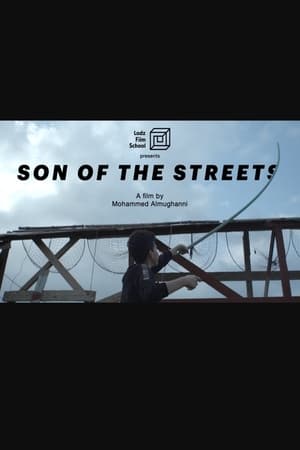 0.0
0.0Son of the Streets(ar)
13-year-old Khodor is a child whose family tries to issue him an ID document that proves his existence and gives him the right to education, health-care and movement outside of the Palestinian refugee camp of Shatila in Beirut, Lebanon. Through the process, many of the family's old secrets are revealed.
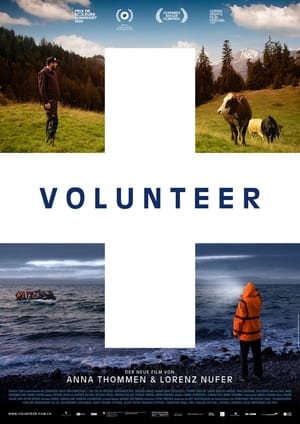 10.0
10.0Volunteer(de)
A film about the unprecedented Swiss grassroots movement of regular citizens who rise to aid thousands of refugees stranded at the European borders. In rich and safe Switzerland people from all backgrounds leave their regular life behind to support people in need. There is a Swiss farmer and his wife who keep cows in the Swiss Alps, a former commander of the Swiss Army, an elder rich lady residing at the lakeside, and a successful comedian and entertainer. These unexperienced volunteers take on an adventure that will change their lives forever.
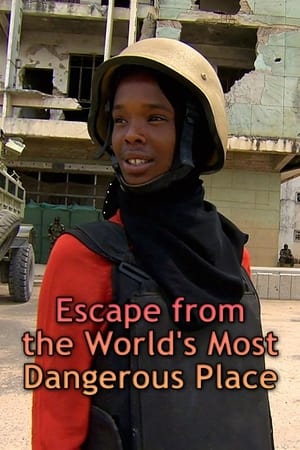 10.0
10.0Escape from the World's Most Dangerous Place(en)
Successful model Samira Hashi makes an emotional return to Somalia, one of the most dangerous places in the world and the place she was born. Civil war broke out in 1991, 10 days after Samira's birth, but two years later her family managed to flee the country and she grew up in the UK.Now, as Samira and the war both turn 21, she's going back for the first time to visit the people and places she left behind. The contrast with her safe and glamorous life in London could not be starker as she experiences firsthand the war's effect on a generation of young people growing up in conflict.
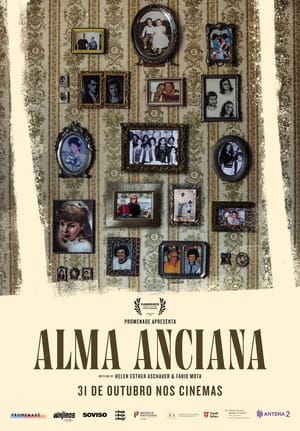 0.0
0.0Alma Anciana(pt)
Three juxtaposing stories taking place in Portugal, Austria and Cuba create an intimate and poetic portrait of the daily lives and struggles of the elderly in an unstable world, seen through the eyes of their grandchildren.
 4.8
4.8Mr. Gay Syria(en)
In focusing his attention on the competitors of Mr Gay Syria, director Ayse Toprak shatters the one-dimensional meaning of “refugee”. Using the pageant as a means of escape from political persecution, the organiser Mahmoud — already given asylum in Berlin — hopes to offer the winner a chance to travel as well as bring international attention to the life-threatening situations faced by LGBT Syrians.
Because I am(en)
Based on a poem by a Zimbabwean LGBT activist written in response to the gay hate speech that is being perpetuated president Robert Mugabe. The film was shot in South East London UK with a cast of six women from several African countries playing multiple roles in this portrayal of being a lesbian in homophobic Zimbabwe. Five of the actors and the producer are refugees who fled their countries in fear of persecution for their sexuality.
 6.8
6.8Human Flow(en)
More than 65 million people around the world have been forced from their homes to escape famine, climate change and war, the greatest displacement since World War II. Filmmaker Ai Weiwei examines the staggering scale of the refugee crisis and its profoundly personal human impact. Over the course of one year in 23 countries, Weiwei follows a chain of urgent human stories that stretch across the globe, including Afghanistan, France, Greece, Germany and Iraq.
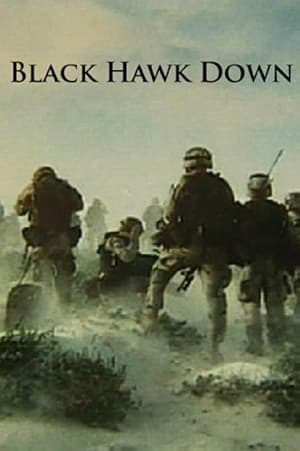 7.0
7.0Black Hawk Down(en)
The story behind the infamous downing of an American Black Hawk helicopter by Somali gunmen.
 6.3
6.3This Is Home: A Refugee Story(ar)
The lives of four Syrian families, resettled in Baltimore and under a deadline to become self-sufficient in eight months.
 7.5
7.5Into the Arms of Strangers: Stories of the Kindertransport(en)
In the nine months prior to World War II, 10.000 innocent children left behind their families, their homes, their childhood, and took the journey... to Britain to escape the Nazi Holocaust.
 7.1
7.1The Donut King(en)
Cambodian refugee Ted Ngoy builds a multi-million dollar empire by baking America's favourite pastry: the doughnut.
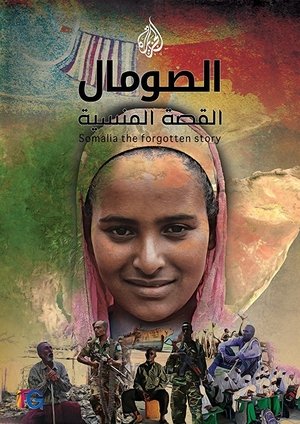 0.0
0.0Somalia: The Forgotten Story(en)
This documentary reaches to the depth of Somali history, starting from the strong kingdoms that ruled areas far away into Africa, passing by the Portuguese raids and ending with its division into five colonies ruled by different European forces, leaving the people of the same race and language separated by geographical borders. It addresses problems of civil war, chaos, theft, and mass destruction. It also focuses on valuable attempts by national organizations to resist occupation and foster peace.
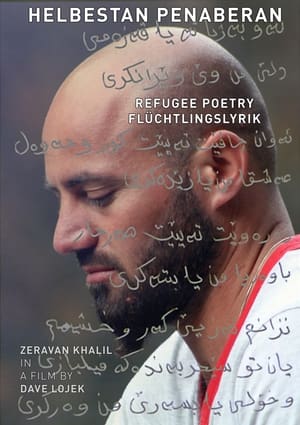 10.0
10.0Refugee Poetry(ku)
The Kurdish Iraqi poet and actor Zeravan Khalil travels with his dog through an Alpine gorge after fleeing from IS war and genocide. As he remembers the abomination, he writes a poem with the title “You drive me mad” in Kurmanji Kurdish. In his home country, Yazidic Kurds are forbidden to work in his profession. Then he eats his apple and wanders through Europe’s middle with more hope.
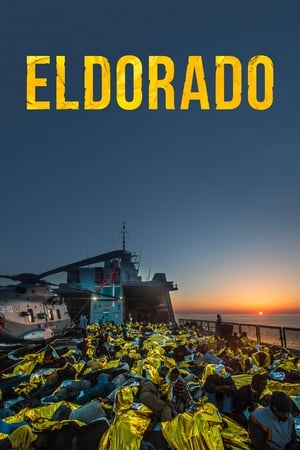 5.8
5.8Eldorado(de)
Drawing inspiration from his personal encounter with the Italian refugee child Giovanna during World War II, Markus Imhoof tells how refugees and migrants are treated today: on the Mediterranean Sea, in Lebanon, in Italy, in Germany and in Switzerland.
 7.7
7.7Beyond Utopia(en)
A courageous pastor uses his underground network to rescue and aid North Korean families as they risk their lives to embrace freedom.
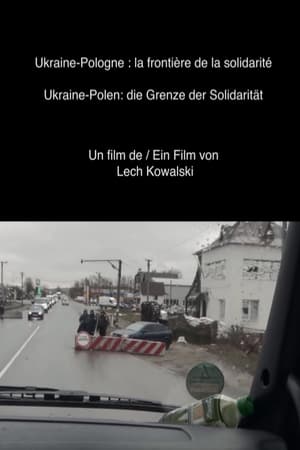 1.0
1.0Ukraine-Poland: The Border of Solidarity(fr)
Since 24 February 2022, when the Russian invasion of Ukraine began, several million refugees have already been taken in by Poles. In the Lublin region, near the Bug River, which marks the border with Ukraine and Belarus, farmers, shopkeepers, a photographer, and a teacher tell how their daily lives have been transformed by the outbreak of this war.
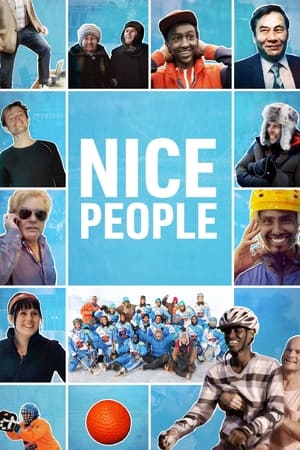 7.6
7.6Nice People(sv)
As the first African team ever to do so, Somalia has just signed up for the Bandy World Championships. The young players don't live in Somalia; they live in Borlänge, Sweden, where xenophobia has taken hold.
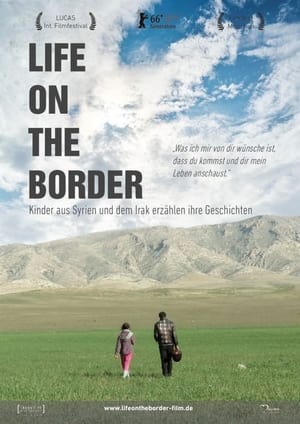 9.0
9.0Life on the Border(ku)
The fate of thousands of people is unified under the tarpaulins of the refugee camps in Kobanê and in Shingal. Kurdish filmmaker Bahman Ghobadi has given eight children the opportunity to use a camera to tell their own stories. Each film gives us a glimpse into the plight of the children, as seen through their own eyes. Their stories tell of young people with their whole lives ahead of them, though they’ve already lost almost everything. At a certain point, the film crew leaves the camp and follows the 13-year-old Mahmod and his sister in the search for his parent‘s house in Kobanê. The town has been ravaged by the war and all the children find is rubble. The eight films reveal the courage and openness of the young filmmakers, who share their stories with great intensity, realism and poetry, despite their harsh fate.


